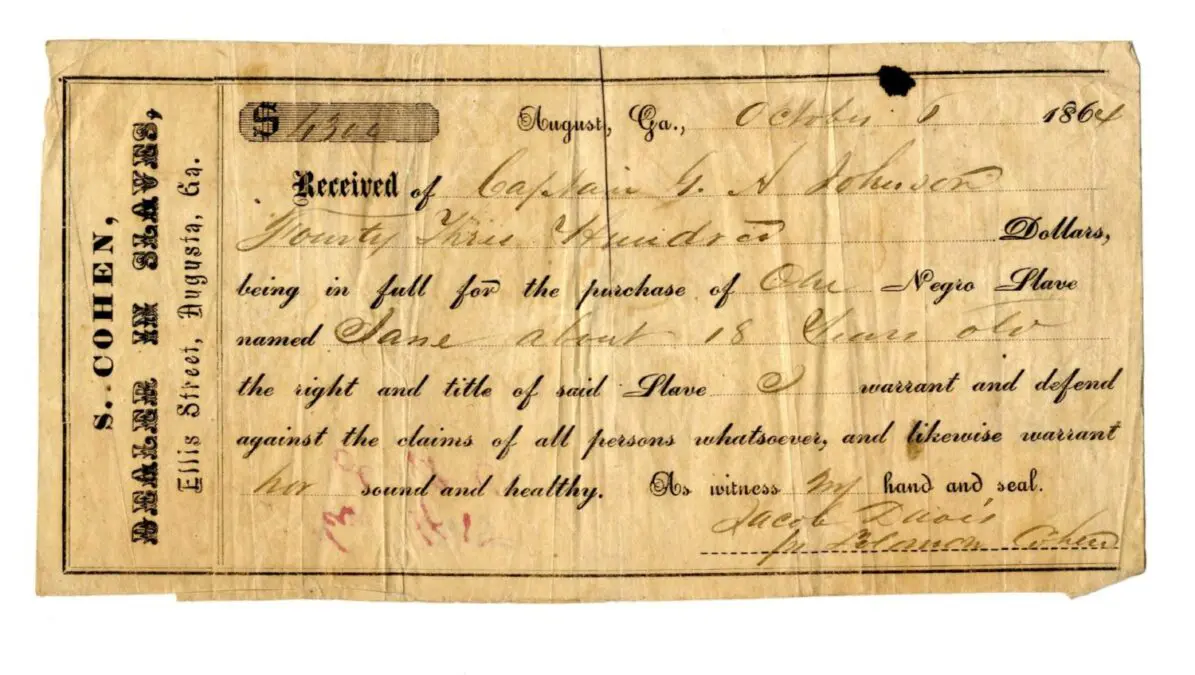In 1862 the US Congress abolishes slavery in the country. At the heart of the removal was President Abraham Lincoln, who was later assassinated precisely because of the law. In 1865 a final amendment was made to the constitution that abolished slavery in the United States.
At the Constitutional Convention in 1787, delegates fiercely debated the issue of slavery. They ultimately agreed that the United States would potentially cease importation of slaves in 1808. An act of Congress passed in 1800 made it illegal for Americans to engage in the slave trade between nations, and gave U.S. authorities the right to seize slave ships which were caught transporting slaves and confiscate their cargo. Then the “Act Prohibiting the Importation of Slaves” took effect in 1808. However, a domestic or “coastwise” trade in slaves persisted between ports within the United States, as demonstrated by slave manifests and court records.
Due to Union measures such as the Confiscation Acts and the Emancipation Proclamation in 1863, the war effectively ended slavery in most places. Following the Union victory, the institution was banned in the whole territory of the United States upon the ratification of the Thirteenth Amendment in December 1865.
Even though Abraham Lincoln issued the Emancipation Proclamation in 1863, slaves were still being bought and sold in the south. Multiple bills of sale for slaves in Georgia were recovered when the U.S. Navy intercepted the southern ship Mary during the Civil War and claimed both the ship and its contents as a prize.
These receipts were confiscated from the Mary when it was captured. They belong to Captain George A. Johnson. One is in the amount of $4,300 for the purchase of an enslaved woman named Jane, aged 18 years old. The other is in the amount of $7,500 for the purchase of a woman named Susannah and two children.
Photo: Receipt for the Purchase of an Enslaved Woman Named Jane
This primary source comes from the Records of District Courts of the United States. National Archives Identifier: 5722335.
Full Citation: Captain George A. Johnson’s Receipt for Purchase of Slave; 10/6/1864; A18-523; United States vs. Mary; Civil War Prize Case Files, 1861 – 1865; Records of District Courts of the United States, Record Group 21; National Archives at New York, New York, NY. [Online Version, https://www.docsteach.org/documents/document/receipt-jane, June 19, 2021]







